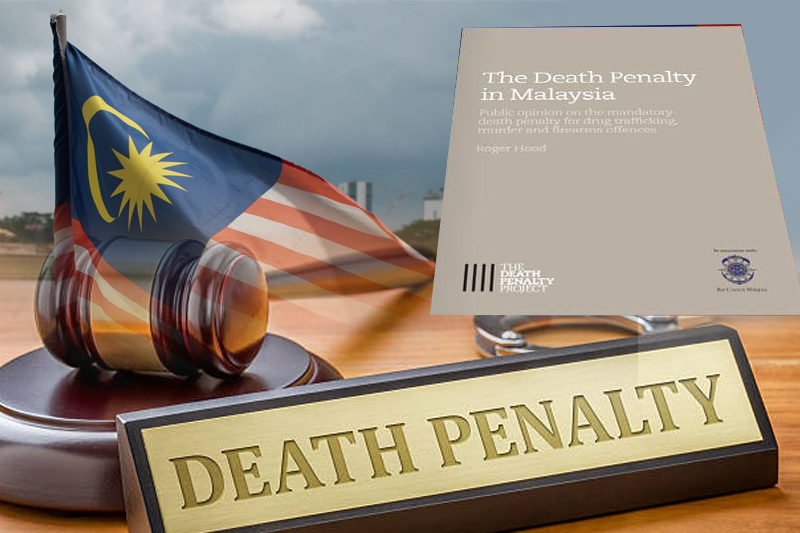
Malaysia puts an end to mandatory death penalty for 11 serious crimes
In a landmark move hailed by a number of rights groups, the Malaysian parliament on Monday voted to remove the country’s mandatory capital punishment, potentially going easy on roughly 1,341 prisoners on death row.
Although Malaysia has had a moratorium on executions for over four years now, lawmakers recently voted in large numbers to remove capital punishment as the mandatory sentence for 11 serious offences, including terrorism and murder.
Judges will retain discretion to impose the death penalty in exceptional cases. But the courts will now hand down life imprisonment sentences of up to 40 years for the most serious crimes or corporal punishment like caning, lawmakers informed.
Nevertheless, albeit the landmark reforms still need to pass Malaysia’s upper house, they are widely expected to. The capital punishment didn’t bring the results it was intended to, the country’s Deputy Law Minister Ramkarpal Singh said on Monday.
Keep Reading
34 crimes in Malaysia are punishable by death, 11 of which before the reforms used to carry the mandatory capital punishment. But now after the new laws get enacted, prisoners on death row will be given 90 days to seek a review of their sentences.
There are more than 1,300 such prisoners in Malaysia right now, and according to an Amnesty International assessment, over 60% of them had received the mandatory death penalty. Human Rights Watch says it expects the reform to influence similar situations in neighbouring countries.
While Singapore executed 11 people last year for drug trafficking offences, the military government in Myanmar also executed four pro-democracy activists. More than 1,300 prisoners were hanged in Malaysia between 1992 and 2023, official data reveals.
Although the legislative process to overturn capital punishment started last June, the death penalty’s abolishment has been part of heated debates in Malaysia for more than a decade now. Rights groups have hailed the latest development as a major step forward for the country.



